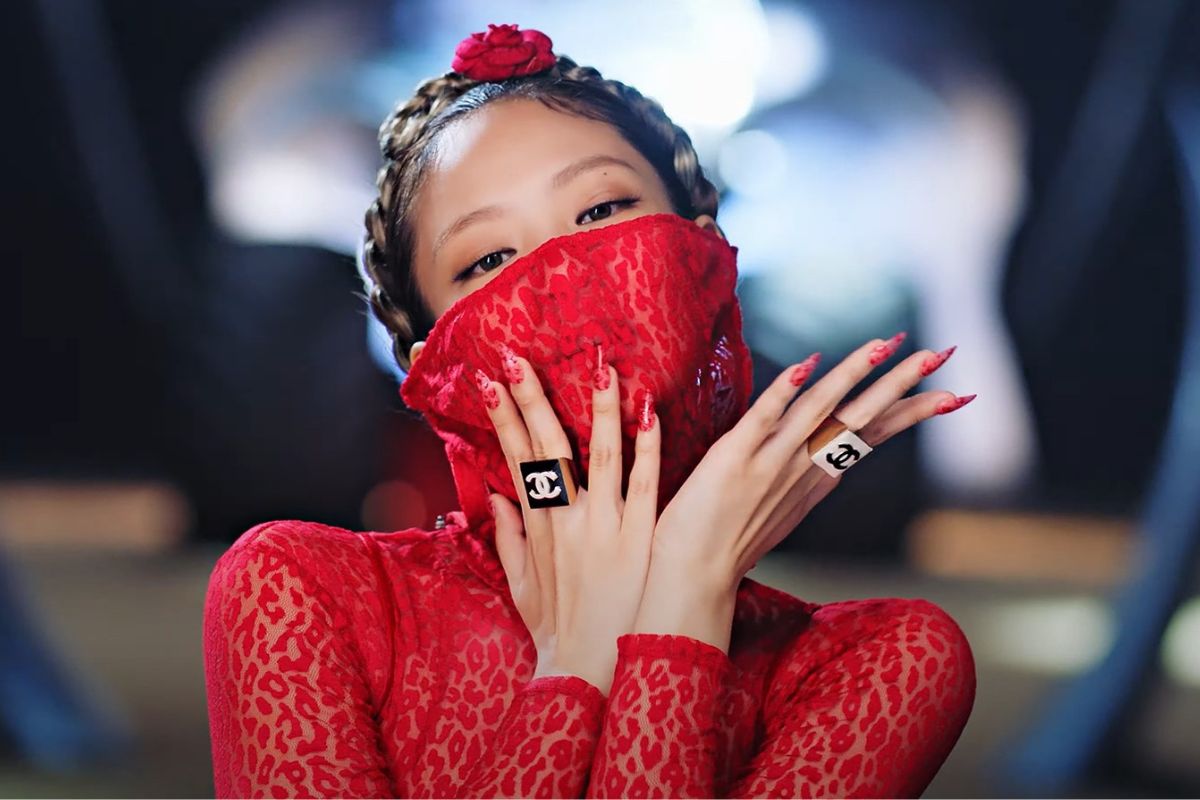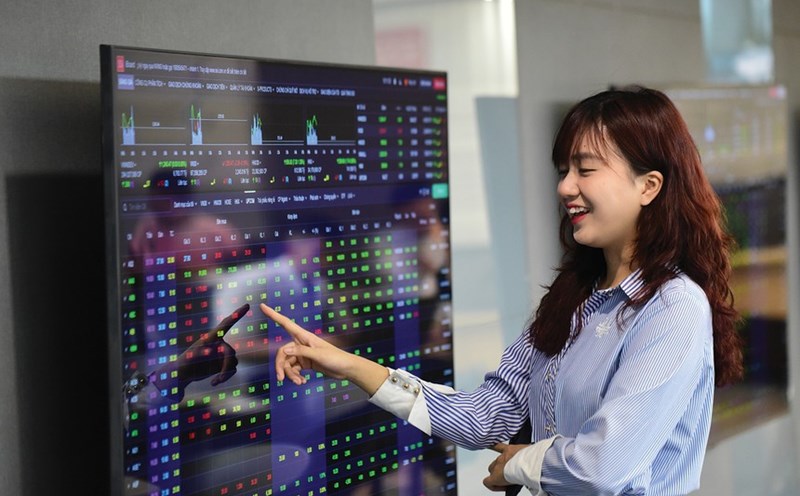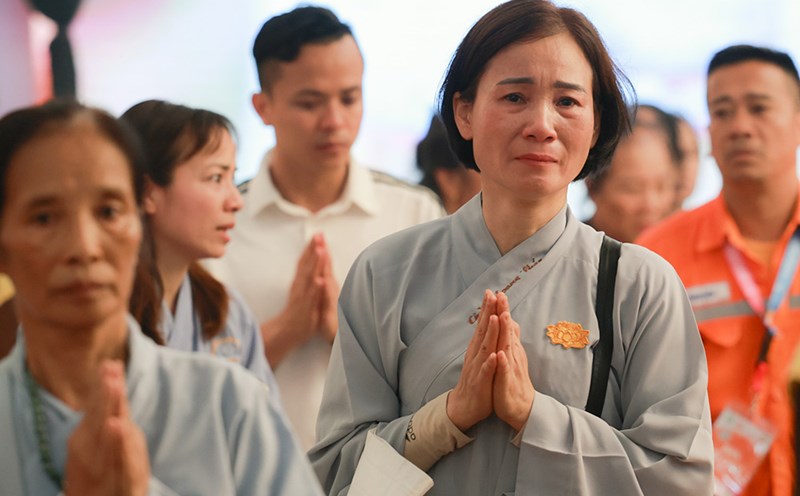According to the Korea Herald, as more and more idols become ambassadors for high-end, luxury brands, concerns about comparison between fan communities, teen materialism and inequality in building group brands are also increasing.
Recently, Jennie, Lisa and Rose of Kpop girl group Blackpink attracted the attention of global fans when appearing at the famous fashion event Met Gala 2025.
true to the costume rule of this year's event as "your own tailor-made items", the 3 Blackpink members all wore custom-made outfits from luxury brands such as Chanel, Louis Vuitton, Saint Laurent.
As K-pop's global popularity increases, leading fashion brands tend to switch to choosing K-pop idols as ambassadors.
But this trend is currently facing a backlash, as it creates a comparison of rank and status between idols depending on the brand they represent. This is said to be a potential source of unhealthy materialism among teenage fans.
Unlike traditional models, brand ambassadors will represent the identity and spirit of that brand. They attended events, wore sponsored clothes and promoted products on social networks.
This trend became popular after G-Dragon (Big Bang) became the first Asian male ambassador for the luxury brand Chanel in 2016.
As the Kpop fan community grew around the world, groups like Blackpink and NewJeans had all members of the group sign ambassador contracts with luxury brands.
Currently, many Kpop groups have even been appointed by famous brands as ambassadors right after their debut.
This is a mutually beneficial relationship. Brands can boost sales from Kpop fans' support for their idols. On the contrary, luxury fashion contracts help Kpop artists increase their reputation and promote with high-end images.

However, as more and more idols take on the roles of high-end fashion ambassadors, some are concerned that this will create a "decentralization system" in the industry.
A K-pop company CEO analyzed: "Artists, especially young people, are starting to think that their value depends on the brand they represent.
Most K-pop idols are still teenagers, and I'm not sure if they're good ambassadors for luxury brands. They are too young.
According to the brand's viewpoint, it is to help attract consumers with great purchasing power. Luxury contracts also help the personal image of an idol. But it is not always beneficial for their group.
I believe that idols should express their value through performances, not marketing and advertising activities".
A global entertainment manager also expressed similar concerns: Becoming an ambassador can enhance the image of an artist, global position and fame beyond music.
But in Kpop, where fandom culture (fan community) is highly competitive, it often becomes a tool for ranking idols based on whether they have signed a major advertising contract or not, or a comparison based on the reputation of the brand they represent. That kind of comparison is very problematic.
Music critic Lim Hee Hun said: "The worrying thing is that young fans are exposed too early to a material, competitive culture where idols are not judged on talent but on brand attachment."











